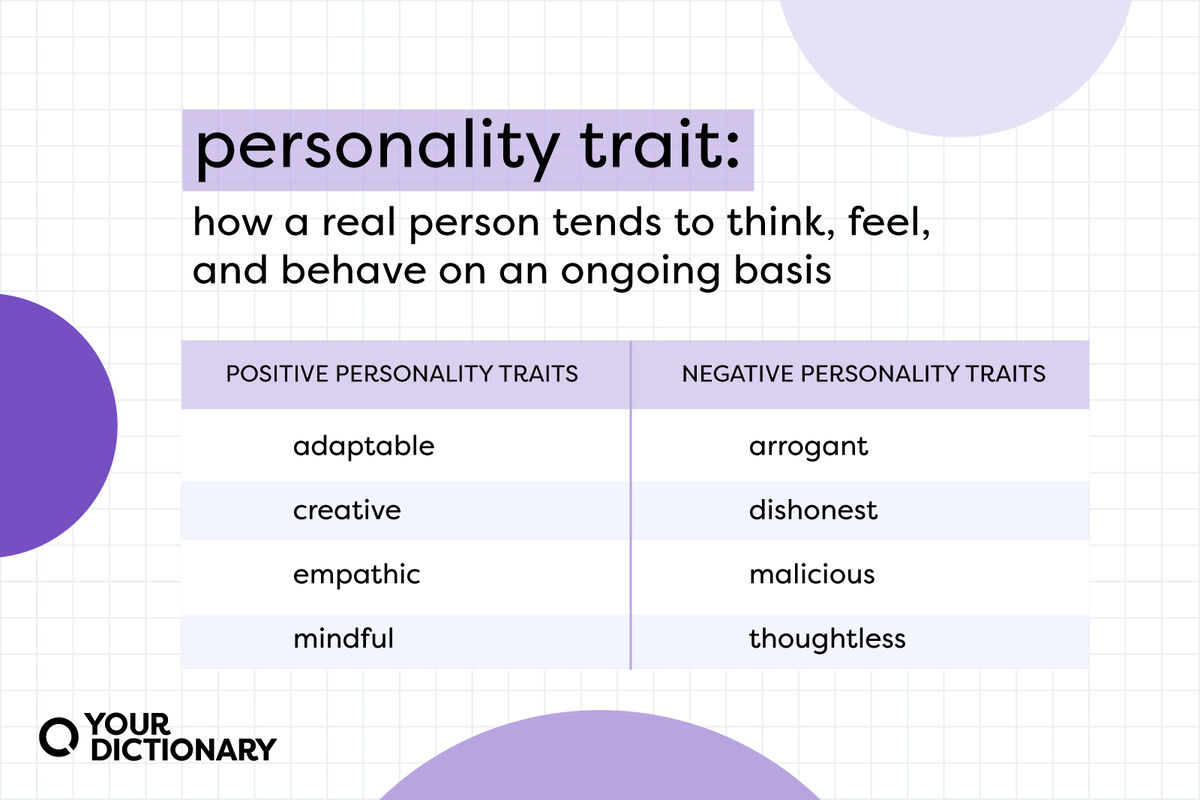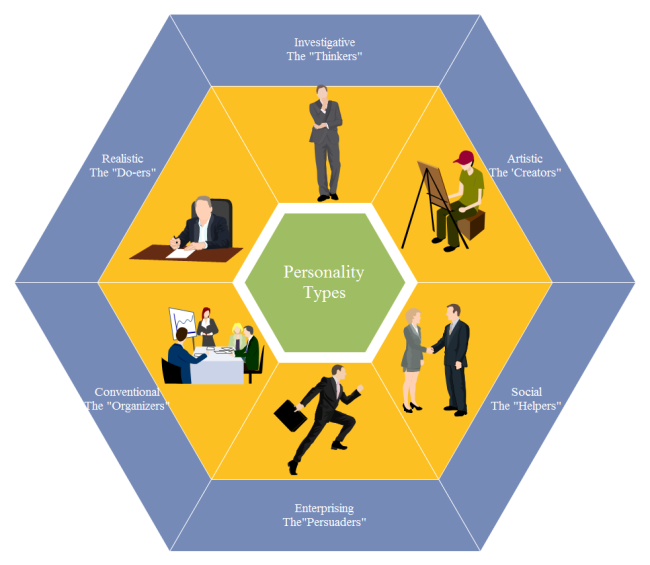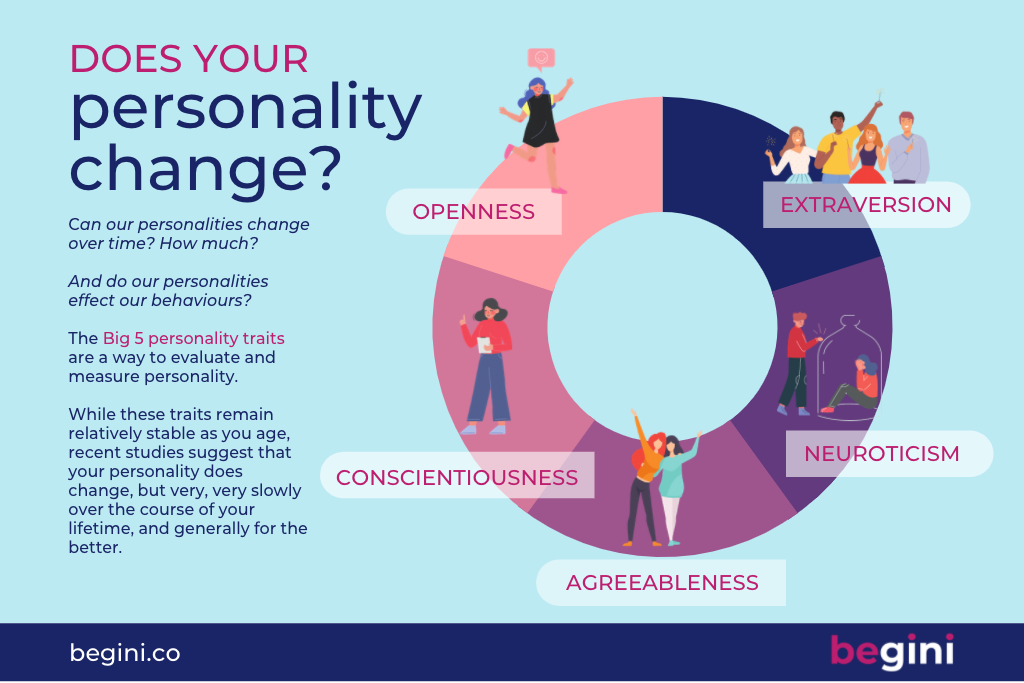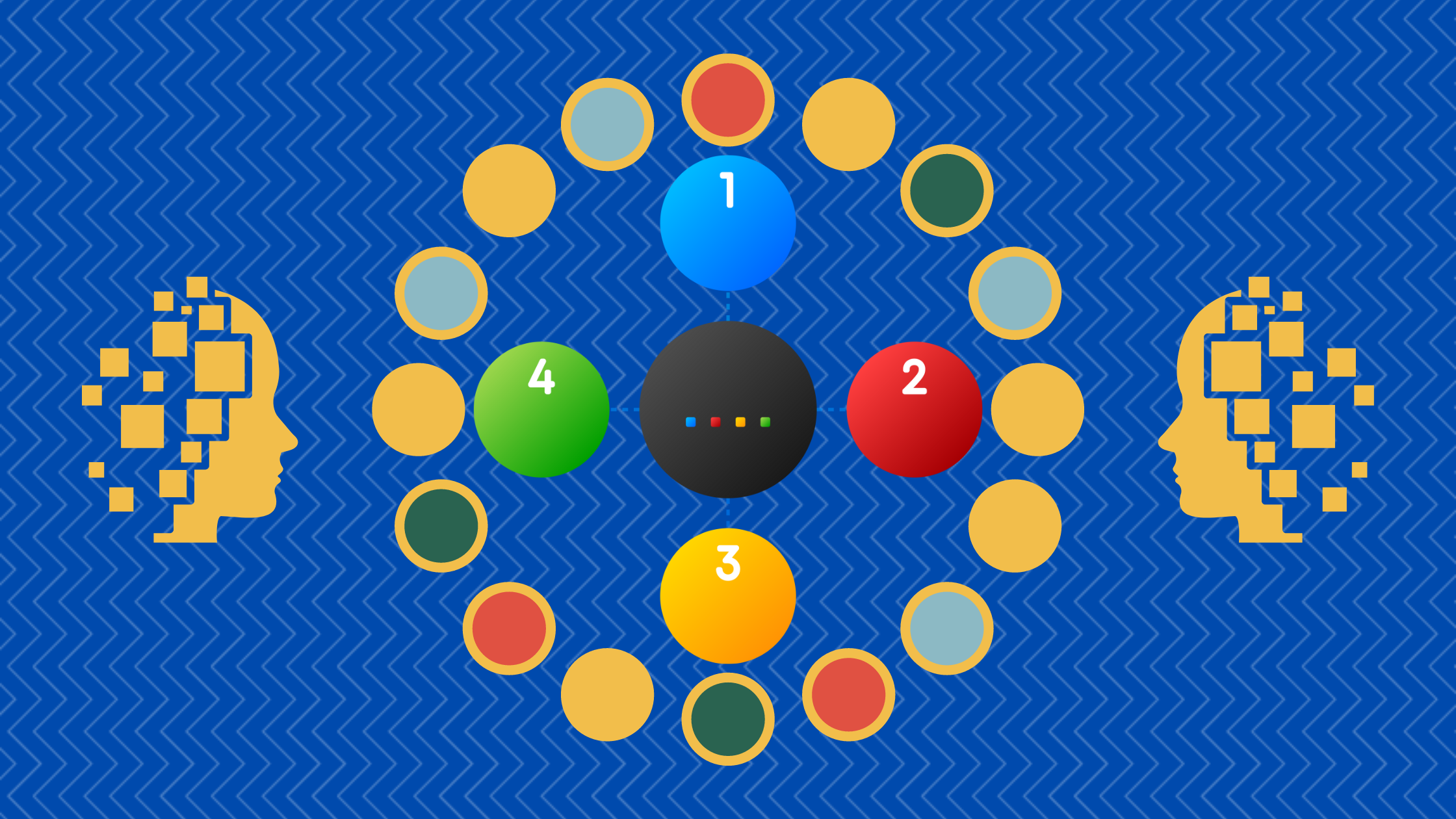When Considering Personality Styles It Is Important To Remember That
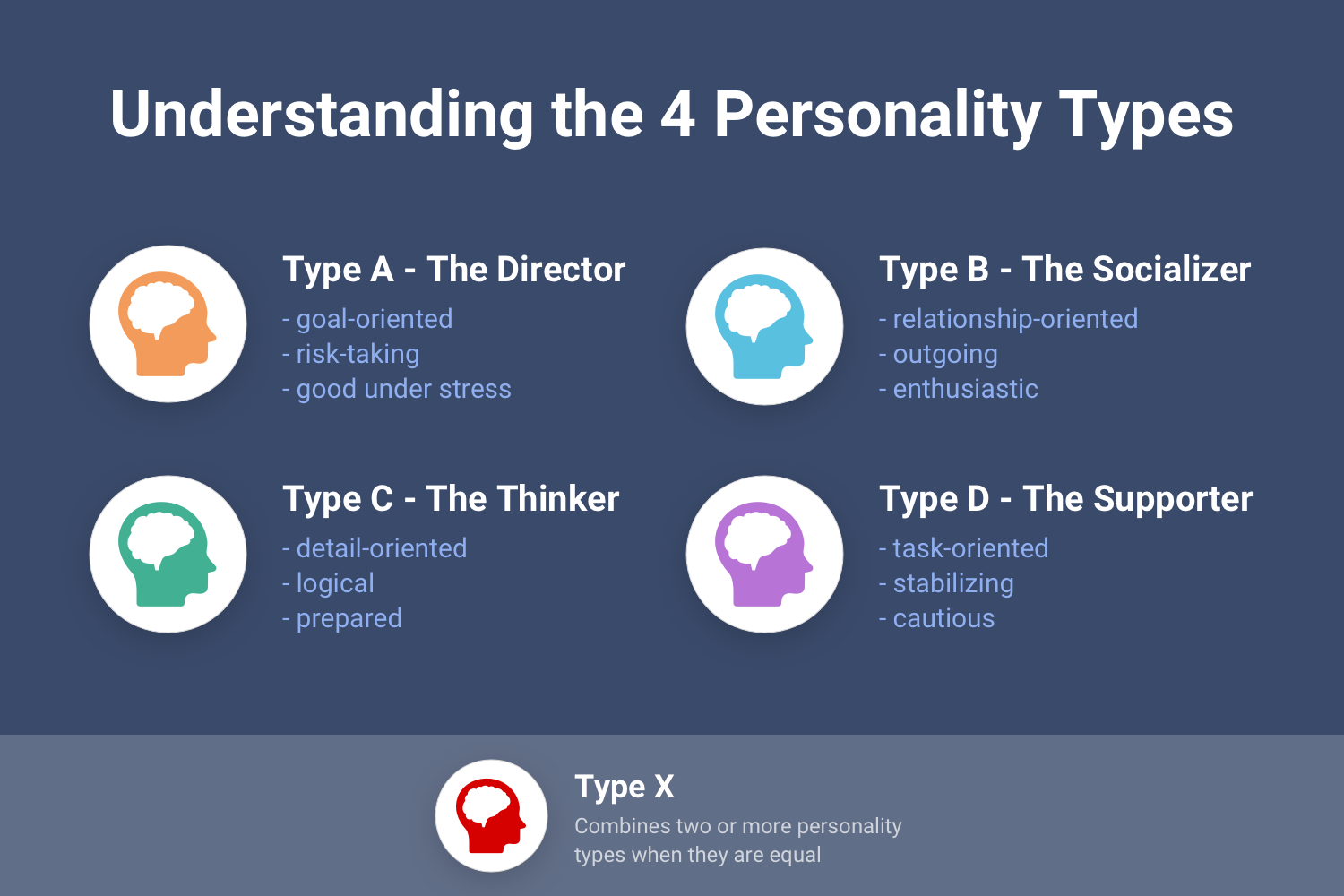
In a world increasingly focused on self-understanding and interpersonal dynamics, personality assessments have become ubiquitous tools. From workplace team-building exercises to dating apps, these frameworks offer insights into how individuals think, feel, and behave. However, the allure of easy categorization can overshadow a crucial understanding: Personality is complex and multifaceted.
While personality models like the Myers-Briggs Type Indicator (MBTI), Enneagram, and Big Five offer valuable frameworks for self-reflection and understanding others, they are not definitive labels. This article explores the essential considerations when engaging with personality assessments, highlighting the importance of nuance, context, and ethical application. It emphasizes the limitations of these tools and promotes a balanced perspective to avoid misinterpretations and potential harm.
The Allure and Limitations of Personality Frameworks
Personality frameworks provide a structured lens through which to view individual differences. The MBTI, for instance, categorizes individuals into 16 distinct personality types based on four dichotomies: Extraversion vs. Introversion, Sensing vs. Intuition, Thinking vs. Feeling, and Judging vs. Perceiving.
Similarly, the Enneagram identifies nine interconnected personality types, each characterized by a core belief, motivation, and fear. The Big Five model, a widely accepted framework in academic psychology, assesses personality traits along five broad dimensions: Openness, Conscientiousness, Extraversion, Agreeableness, and Neuroticism.
These frameworks offer several benefits, including enhanced self-awareness, improved communication skills, and greater understanding of team dynamics. However, the appeal of neat categorization can lead to oversimplification and misapplication.
The Importance of Context and Nuance
A primary consideration when interpreting personality assessments is the significance of context. An individual's behavior and preferences can vary considerably depending on the situation, cultural background, and life experiences.
For example, someone categorized as an "introvert" on the MBTI may still exhibit extroverted behavior in specific social settings or professional roles. Cultural norms can also influence personality expression. For instance, direct communication styles may be perceived differently in collectivist versus individualistic societies.
Ignoring these contextual factors can lead to inaccurate assumptions and potentially harmful stereotypes. Moreover, personality traits exist on a continuum, rather than as fixed categories.
Personality is Not a Fixed Entity
Another critical consideration is that personality is not static. While certain core traits may remain relatively stable over time, individuals can and do evolve.
Life experiences, personal growth, and conscious effort can influence personality expression and behavior. A rigid interpretation of personality assessments can undermine this potential for change and growth. Believing someone is permanently defined by a specific type can create self-fulfilling prophecies, limiting their opportunities and potential.
Furthermore, relying solely on personality frameworks to predict behavior is a fallacy. Situational factors, motivations, and individual choices all play a significant role in shaping actions.
Ethical Considerations in Applying Personality Assessments
The application of personality assessments, particularly in professional settings, requires careful consideration of ethical implications. Using these tools for hiring decisions, promotions, or team assignments without adequate training and awareness can lead to discrimination and unfair treatment.
For example, relying solely on personality traits to assess job suitability can inadvertently exclude qualified candidates who may not fit a pre-defined "ideal" profile. It's crucial to remember that personality assessments provide insights, not definitive answers.
Organizations should prioritize transparency and ensure that individuals understand the purpose and limitations of any personality assessments they are asked to complete. It's essential to emphasize that these tools are designed to facilitate self-reflection and development, not to pigeonhole or judge individuals.
Moving Beyond Categorization: Embracing Complexity
The most effective approach to understanding personality involves embracing its inherent complexity. Instead of focusing solely on categorization, it's more beneficial to use personality frameworks as a starting point for deeper exploration.
This involves engaging in open and honest conversations, actively listening to different perspectives, and recognizing that individuals are multifaceted beings with unique strengths and challenges. Encouraging self-awareness and promoting empathy are essential for fostering positive relationships and effective collaboration.
Furthermore, continuously evaluating and updating our understanding of personality is crucial. Staying informed about the latest research and developments in the field can help avoid outdated or inaccurate assumptions.
The Future of Personality Understanding
The future of personality understanding lies in integrating diverse perspectives and leveraging technology responsibly. Advances in artificial intelligence and machine learning offer opportunities to personalize learning experiences and tailor interventions based on individual needs.
However, it's crucial to ensure that these technologies are used ethically and transparently, with a focus on promoting individual well-being and autonomy. Emphasizing the dynamic and contextual nature of personality will be key to unlocking its full potential.
By acknowledging the limitations of personality frameworks and embracing a more nuanced perspective, we can foster greater understanding, empathy, and collaboration in all aspects of life. Ultimately, true understanding comes from recognizing the unique individuality that lies beyond any label or category.

